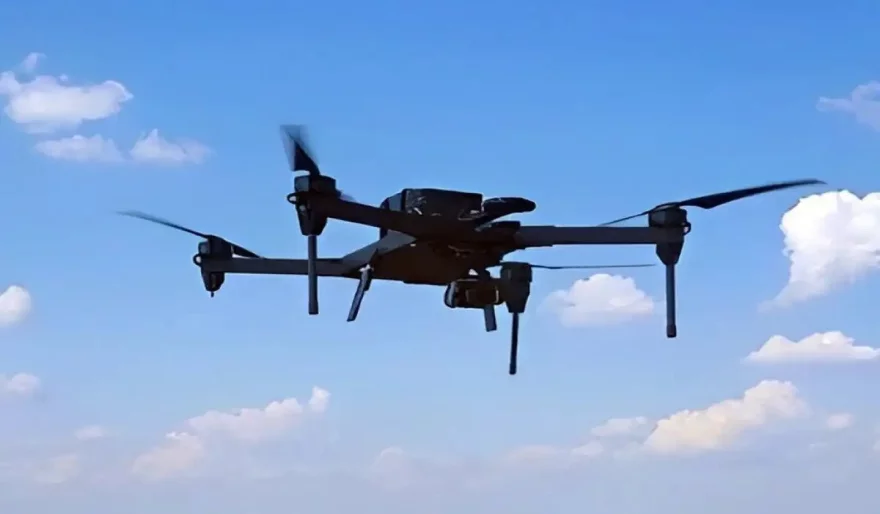Stay Ahead of the Curve
Latest AI news, expert analysis, bold opinions, and key trends — delivered to your inbox.
Ukrainian AI Attack Drones: A Moral Dilemma
5 min read Ukrainian forces reportedly deploy AI attack drones that can autonomously identify and engage targets, as per The New York Times. October 16, 2023 06:30
The recent reports that Ukraine may be using AI attack drones that are capable of killing without human oversight have raised a number of ethical concerns.
On the one hand, AI attack drones could be used to reduce the risk of casualties for human soldiers and to target difficult-to-reach or heavily defended targets. On the other hand, AI attack drones could be used to commit war crimes, kill innocent civilians, and lead to a "dehumanization" of warfare.
It is important to weigh the potential benefits of AI drones against the potential risks. We need to have a public conversation about the ethics of AI drones and develop policies to ensure that they are used in a responsible way.
Here are some of the specific ethical concerns that have been raised:
- War crimes: AI drones could be programmed to attack certain types of targets without any input from a human operator. This could lead to war crimes, such as killing civilians or attacking hospitals.
- Dehumanization of warfare: The use of AI drones could lead to a "dehumanization" of warfare, as it could make it easier for soldiers to kill without having to directly confront the consequences of their actions.
- Misidentification of targets: AI drones could potentially kill innocent civilians if they misidentify a target.
- Loss of control: It is possible that AI drones could fall into the wrong hands and be used for malicious purposes.
What can be done to mitigate the risks of AI drones?
There are a number of steps that can be taken to mitigate the risks of AI drones, including:
- Develop clear and ethical guidelines for the use of AI drones. These guidelines should be developed by a diverse group of stakeholders, including experts in AI, ethics, law, and warfare.
- Implement safeguards to prevent AI drones from being used to commit war crimes or to misidentify targets. These safeguards could include requiring human oversight for all lethal strikes and using multiple sensors to confirm targets.
- Invest in research on ways to make AI drones more reliable and trustworthy. This research should focus on developing methods to verify the accuracy of AI algorithms and to prevent AI drones from being hacked or manipulated.
It is important to note that there are no easy answers to the ethical questions raised by AI drones. However, by having a public conversation about these issues and developing policies to ensure that AI drones are used in a responsible way, we can minimize the risks and maximize the benefits of this technology.



















 AI Agents
AI Agents